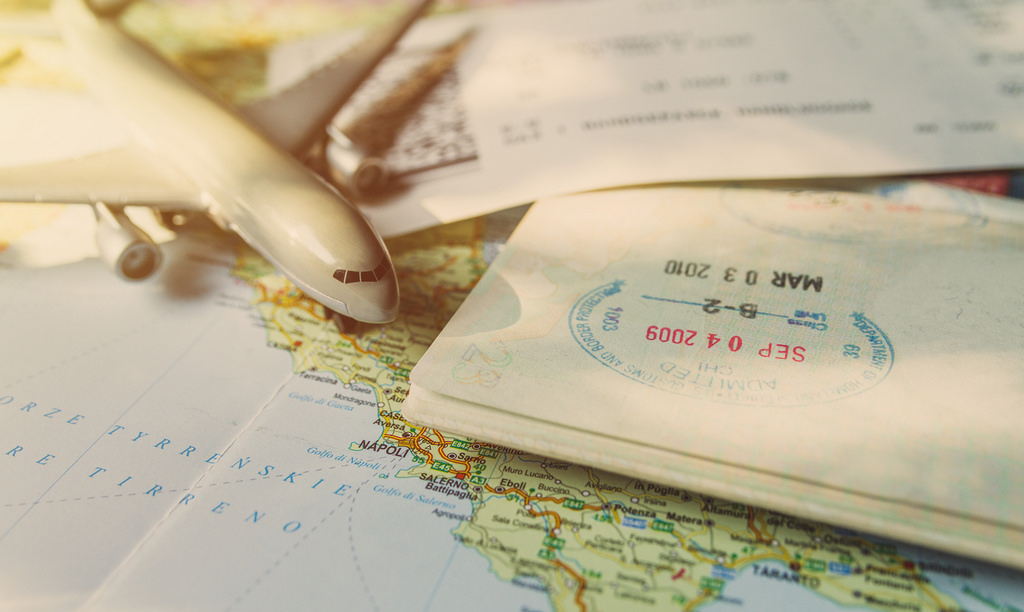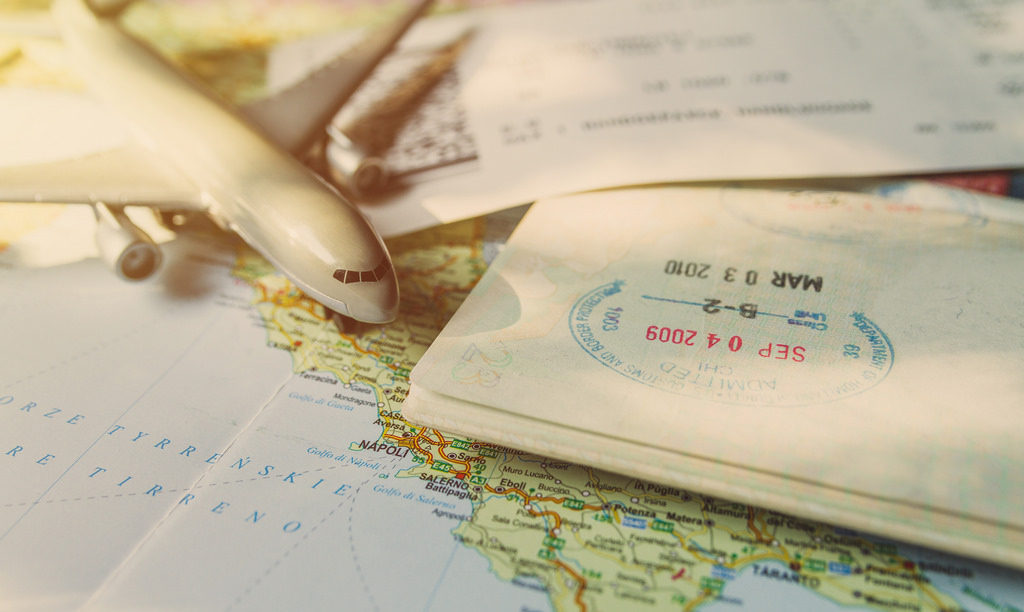Travel Woes: High-Profile Individuals and Denied Entry into Foreign Countries
 https://flic.kr/p/Xwykd6
https://flic.kr/p/Xwykd6
One might think international travel would be a benefit of achieving some degree of celebrity status. However, the 2017 Victoria’s Secret Fashion show proved that a jet-setting, globetrotting lifestyle can have its headaches as well. Held in Shanghai, the annual event was set to feature performances by Katy Perry and be graced by the presence of international supermodels such as Gigi Hadid. However, organizers were left scrambling to change travel plans as both women had their Chinese entry visas denied.
It would seem that fame and relevance in popular culture do not guarantee an individual worry-free travel across the globe, yet another confirmation of the cliché, “celebrities, they’re just like us!”.
Even politicians have struggled when traveling to countries requiring visas, even when travelling for official business. This past August, Canadian Opposition House Leader Candice Bergen stayed in Ottawa instead of joining fellow parliamentarians on a trip to China when she was not granted a visa.
These stories are, of course, not the only examples of visas being denied to high-profile persons, and entry denial happens in every country around the globe. In fact, both the United States and Canada have recorded numerous instances of turning away well-known individuals at their borders.

Earlier this year, British actor Charlie Heaton from the hit Netflix series Stranger Things was returned to London by border agents in Los Angeles after trace amounts of cocaine were found on his personal effects.
In the political realm, US citizen and former soldier Chelsea Manning was turned away from the Canadian border crossing at St-Bernard-de-Lacolle, Québec in September. Records indicate that she was turned away due to her conviction of espionage in the United States, equated to a treason conviction under Canadian law.
So if these celebrities, politicians, and headline-making individuals can be turned away at the border, how easy is it for the average person to also be denied entry? For Canada, at least, it is much easier than you might expect.
Marisa Feil is the senior attorney at FWCanada, a law firm based in Montréal that specializes in Canadian inadmissibility cases. Feil states that one of the main reasons for high-profile persons to be denied entry into Canada is a criminal conviction. Such a conviction would make any person inadmissible to Canada. Criminal admissibility can apply to anyone and convictions such as driving while impaired will give an individual this status.
Though the vast majority of people attempting to enter Canada do not have a charge of treason on their criminal record, Manning’s case does bring to light the question of the ways in which the average person can be denied entry to the country.
According to Feil, Manning’s case really is not very unique. “[S]he has a criminal record so she, like a lot of other Americans, for example those with a Drunk Driving conviction, are routinely denied entry and asked to submit an application requesting permission to travel, if the need arises.” Back in September, Public Safety Minister Ralph Goodale made similar comments, confirming the role of criminal records in authorizing entry into Canada.
Canada’s inadmissibility policies are becoming increasingly important. Federal statistics show that over thirty thousand American citizens were denied entry in 2016, representing a huge spike in that figure since 2014. According to the Toronto Star, this figure may be the result of increased intelligence sharing between the United States and Canada. Border agents are now receiving a more in-depth view of the criminal histories of all American citizens attempting to cross the Canadian border.
However, a criminal background is not the only way in which one can be denied entry to Canada. Feil cites misrepresentation to the government and medical conditions that pose a treat to Canadians as additional reasons that someone, celebrity or not, may be stopped.
What is a person to do when Canada bars them from entering the country?
There are several channels through which a person can resolve inadmissibility issues. Feil highlights that these applications must be processed through a Canadian consulate. Additionally, ability to return and travel to Canada depends on the amount of time that has passed since an individual’s last conviction. Those seeking permanent permission to travel must apply for Criminal Rehabilitation. Temporary permission is granted through a Temporary Resident Permit (TRP).
One stands a chance at benefitting from high-profile status with these applications. Feil said that celebrities and politicians often have an easier time getting around issues of inadmissibility to Canada, “especially when they have gone through the proper channels and submitted an application for Criminal Rehabilitation or a TRP to a consulate.”
Celebrities, politicians, and other high-profile individuals face the same regulations as anyone else when it comes to international travel. However, it is doubtful the Average Joe might make the tabloids for their visa denial story.
Mark LeBeau is a fourth year student at McGill University studying Political Science.
Edited by Phoebe Warren
